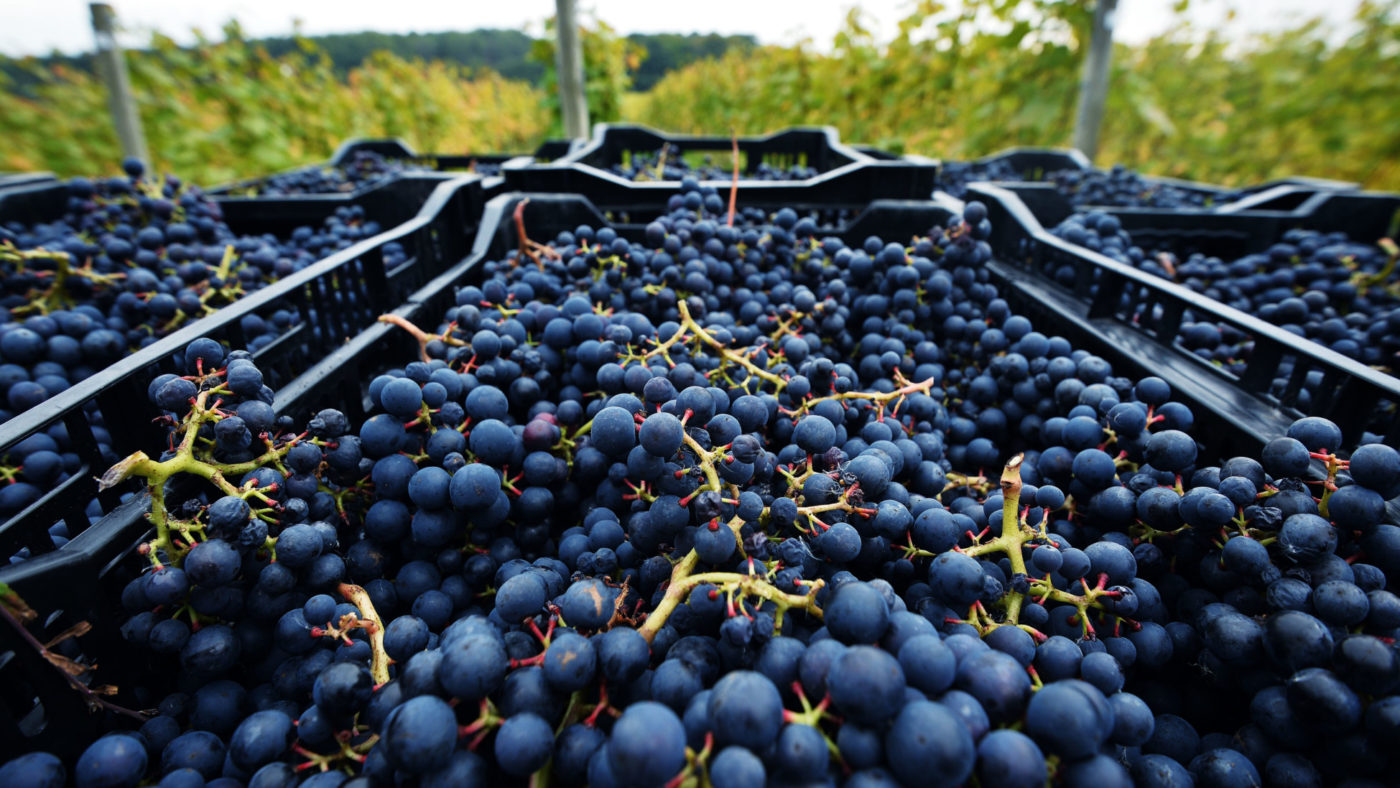We are all going to starve upon the implementation of Brexit, according to one farmer in Kent. Frazer Thompson, Chief Exec of Chapel Down, England’s biggest winemaker and provider of fine wines to Downing Street, has made it very clear:
“The biggest potential impact of Brexit is on agricultural labour. Kent has had eastern Europeans picking fruit in recent years, but we’ll all starve if the labour issue is not sorted after Brexit.”
A number of points can be made about this, starting with: man does not live by fruit alone. Imagine that foreign labour was not allowed in to do this hard and low-paid work – wages would, therefore, rise in order to appeal to domestic labour. It wouldn’t be us who starved, therefore. Rather, the people employing the labour might see their profit margins shrink. Which might explain the source of the complaint.
Secondly, as the Migration Advisory Committee has officially pointed out, we used migrant workers before we joined the EU back in 1973. The Seasonal Agricultural Workers Scheme has existed pretty much since we stopped relying upon German and Italian prisoners of war in fact. This really isn’t a problem we don’t know how to solve, gaining access to the labour to pick the crops. We give that labour the chitties they need to be able to come do the labour.
But the most important point to make is that we don’t need to import people to do labour at all. We can and possibly should just import the labour embedded into products and services.
Bjorn Lomborg rather likes making this point. It takes 1,000 tonnes of water to grow one tonne of wheat. So, if you’re in a place that wants wheat but doesn’t have much water then what’s your best course of action? Import water to pour on your wheat fields? Some hugely expensive method – say, desalination – to produce fresh water to pour onto your wheat fields? Or do you import wheat from where the water falls for free from the skies?
So it is with fruit or veg picking in Britain. If we don’t want to use domestic labour and raise wages, presumably with a knock on effect upon the price in the shops. Then we must either import one of the factors of production, labour, or import the finished item with all the factors of production, land, labour, capital, embedded. There’s not a great difference here in economic terms.
The difference occurs in the relationship with the other factors of production of course. Our importing fruit and veg means that the value of domestic capital and land currently used for production, by adding foreign labour, falls. That of foreign land and capital also so used rises. Who is it we see complaining about that lack of imported labour? Those who currently own the British land and capital so employed – well, they would say so, wouldn’t they?
So what we’d really like is a method of working through these competing claims to get the correct answer here. The answer being unilateral free trade – yes, including in migrant labour – and markets unadorned. Without that wedge being jammed into prices from the varied restrictions on who may use which factors of production where, we’ll find out what is in fact the most efficient manner of producing what and where.
As Adam Smith pointed out, using glasses and hot walls we can produce grapes and excellent wine in Scotland at only 30 times the cost of just buying it from Bordeaux. There is probably more sense, though, in not doing that and using 29 times the wine bill to do something else or, given the proclivities of journalists, having 30 times the amount of wine.
Without artificial restrictions, we’ll find out what is the correct manner of producing what we wish to consume. We might also impose restrictions at some point in the process. Not that I agree, but some would prefer to restrict that movement of labour – OK, everything else being entirely free market, the unilateral decision not to have trade barriers, is still the most effective method of finding out.
It is of course deeply diddums that someone producing in Kent might face higher labour costs as a result of Brexit. But the solution for all of us is as it ever has been. We can import that cheap labour, as we have for 70 odd years now, or we can just import the labour embedded in the fruit and veg we desire. No skin off our noses because free trade and unhindered markets do, no really I insist, work. Even to the point that if Kent is the right place to be producing these things then Kent is where we’ll get them from. Free trade even achieves that miracle.


